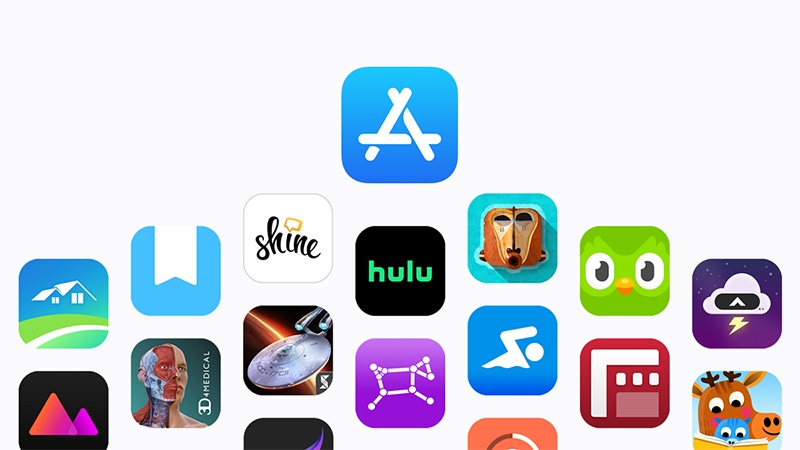Apple's request to delay App Store injunction has been denied
District Judge Gonzalez-Rogers said Apple's argument was based on a "selective reading" of court findings.

Apple's bid to halt an injunction that will loosen App Store payment restrictions has been denied.
The injunction resulted from the high-profile Epic v. Apple lawsuit, and will allow developers to add links to third-party payment options on the App Store.
Specifically, the injunction restrains Apple from "prohibiting developers from including in their apps and their metadata buttons, external links, or other calls to action that direct customers to purchasing mechanisms, in addition to In-App Purchasing and (ii) communicating with customers through points of contact obtained voluntarily from customers through account registration within the app."
Back in October, Apple asked for a stay on the injunction while it appealed the decision, but U.S. District Judge Yvonne Gonzalez-Rogers -- who oversaw the Epic v. Apple lawsuit and subsequent trial -- has denied the motion.
In court documents filed on November 9, 2021, Gonzalez-Rogers said Apple's motion was based on a "selective reading" of court findings, and ignored key details.
"[Apple's motion] ignores all of the findings which supported the injunction, namely incipient antitrust conduct including super competitive commission rates resulting in extraordinarily high operating margins which have not been correlated to the value of its intellectual property," said Gonzalez-Rogers.
"This incipient antitrust conduct is the result, in part, of the antisteering policies which Apple has enforced to harm competition. As a consequence, the motion is fundamentally flawed."
Apple claims opening the door to third-party payments will put App Store users at risk, but Gonzalez-Rogers reiterated that consumer choice remains paramount.
"Apple still maintains the convenience of IAP and, if it can compete on pricing, developers may opt to capitalize on that convenience, including any reassurance that Apple provides to consumers that it may provide a safer or better choice," continues the filing. "The fact remains: it should be their choice. Consumer information, transparency, and consumer choice is in the interest of the public."
Apple now has until December 9, 2021, until the injunction goes into effect.
Epic is also appealing the outcome of the lawsuit, and is calling on a higher court to examine the case after Tim Sweeney suggested the outcome was a loss for both developers and consumers.
About the Author(s)
You May Also Like







.jpeg?width=700&auto=webp&quality=80&disable=upscale)








